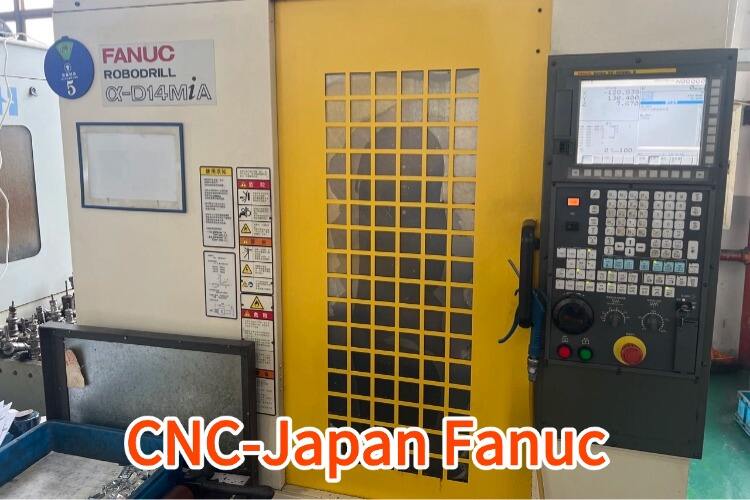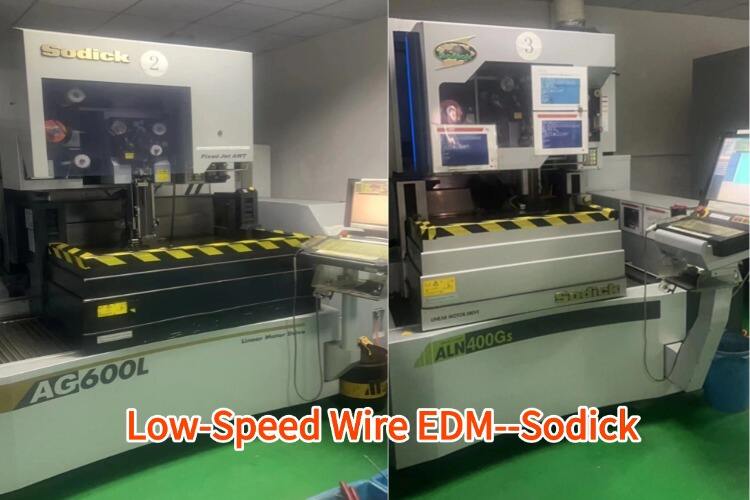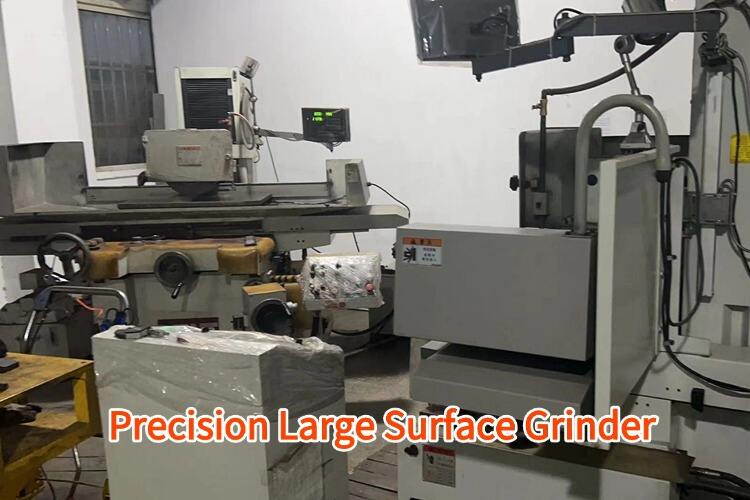obradene aluminijumske dijelove
Strojene aluminijume delove predstavlja kamen temelj moderne proizvodnje, pružajući izuzetnu preciznost i versatilnost u brojnim industrijskim granama. Ovi komponenti se izrađuju putem sofisticiranih CNC procesa strojenja, transformirajući sirove aluminijume blokove u precizne, prilagođene dijelove s tolerancijama od +/- 0,001 inča. Proces proizvodnje uključuje računalno kontrolirane rezanja alate koji uklanjaju materijal kako bi stvorili složene geometrije, detaljne značajke i precizne dimenzije. Ovi dijelovi izvrsno funkcioniraju u primjenama gdje je potrebna visoka omjer snage te težine, odlična otpornost na koroziju i izvrstan prijenos topline. Od avijskih komponenti do automobilskih dijelova, liječnih uređaja i elektronskih omotača, strojene aluminijume dijelove pružaju konzistentnu kvalitetu i pouzdanost. Kombinacija prirodnih svojstava aluminija s naprednim tehnikama strojenja rezultira komponentima koje održavaju strukturnu čitkost dok značajno smanjuju ukupnu težinu u usporedbi s čelikovitim alternativama. Savremeni centri za strojenje mogu proizvoditi ove dijelove s više vrsta površinskih dopuna, rasponom od zrcalnog poliranja do teksturiranih površina, zadovoljavajući različite funkcionalne i estetske zahtjeve. Prilagodljivost strojenja aluminija omogućuje brzo prototipiranje i bezbolesnu tranziciju na punooblik proizvodnju, čime postaje idealan izbor za oba male serije i proizvodnju velikim obujmom.


